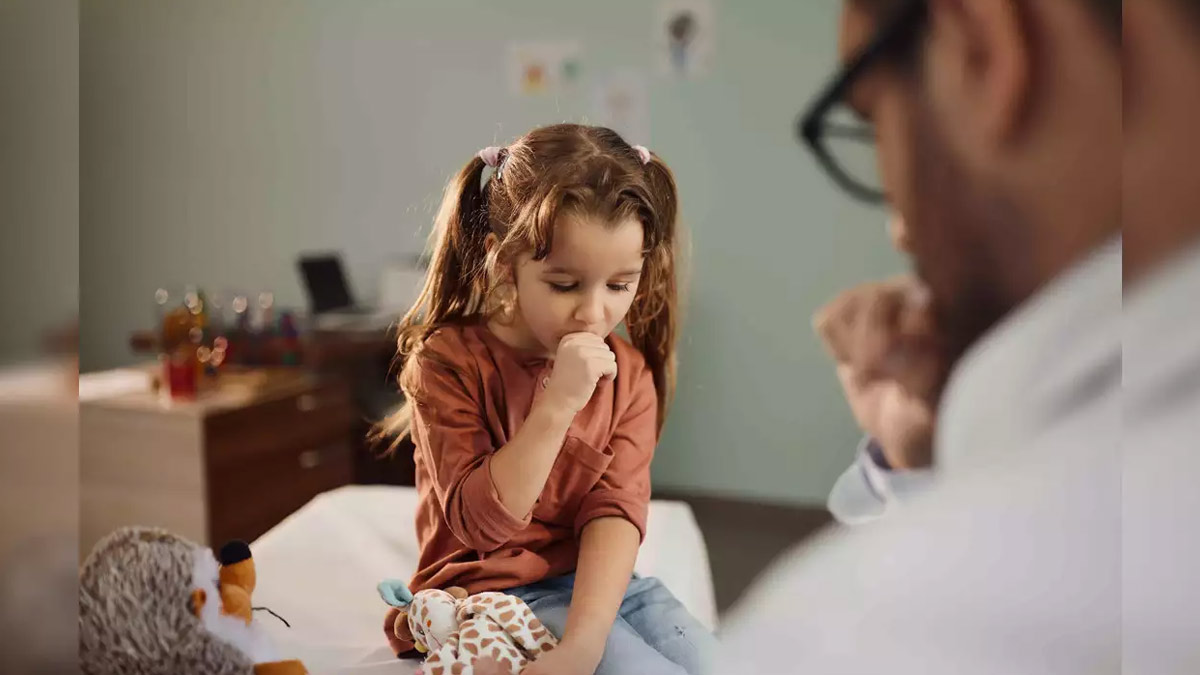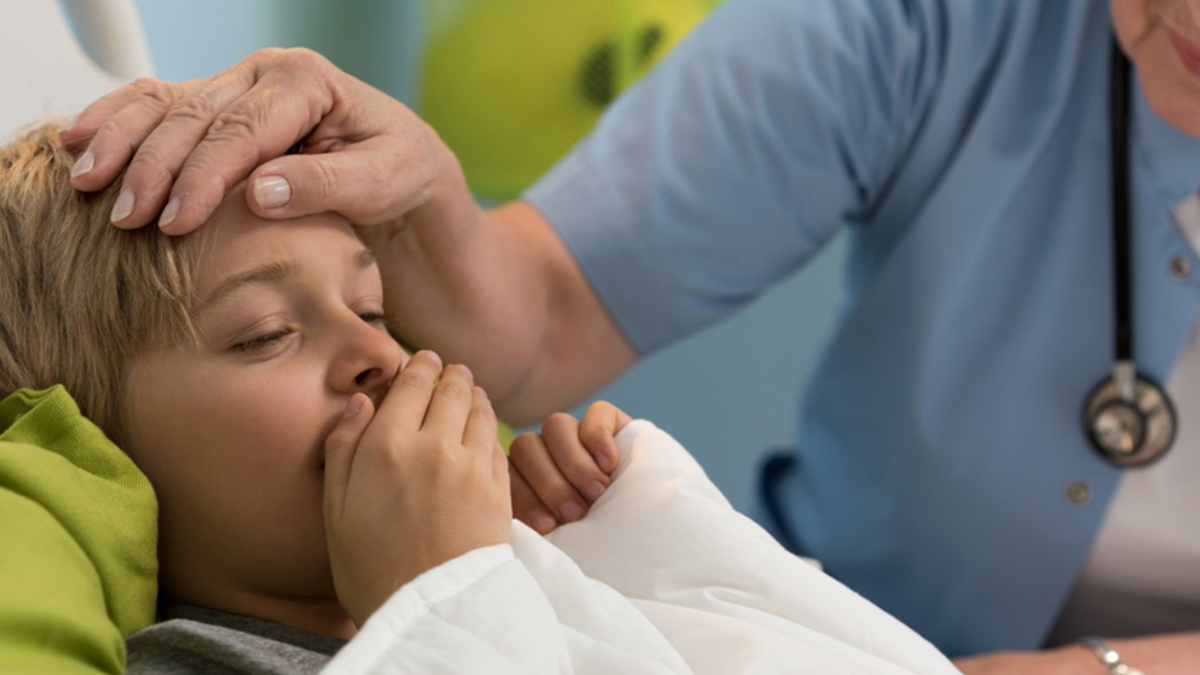
In the wake of the Covid-19 pandemic, China faces another health challenge as whooping cough, also known as pertussis, resurges in alarming numbers. Reported cases have skyrocketed more than twenty times in the first two months of 2024 compared to the previous year, with a total of 32,380 cases recorded, resulting in 13 fatalities, according to the National Disease Control and Prevention Administration.
Table of Content:-
Early Symptoms Of Whooping Cold
The onset of whooping cough often mimics that of a common cold, making it challenging to diagnose in the early stages. Look for the following symptoms, according to Dr Manish Itolikar, Consultant Physician, Fortis Hospital, Mulund:
- Runny nose: Nasal congestion and discharge are common early signs, often mistaken for allergies or a mild cold.
- Fever: A low-grade fever may accompany the initial stages of the infection.
- Cough: A persistent cough begins, initially resembling a regular cough associated with respiratory illnesses.

Progression of Symptoms
As the infection progresses, the cough becomes more severe and distinct. Watch for:
- Uncontrollable coughing: Coughing fits become frequent and intense, often leading to exhaustion.
- Thick mucus: Mucus accumulates in the airways, causing further irritation and exacerbating coughing spells.
- Vomiting: Intense coughing may trigger vomiting, especially in infants and young children.
- Facial discoloration: Coughing fits may cause the face to turn red or blue due to oxygen deprivation.
Distinctive "Whoop" Sound
One of the hallmark signs of whooping cough is the characteristic "whoop" sound that occurs when the infected individual inhales after a coughing fit. However, not everyone with whooping cough develops this sound, particularly adolescents and adults.
Warning Signs in Infants
Infants may exhibit different symptoms than older children and adults. Watch for:
- Breathing difficulties: Infants may struggle to breathe, with noticeable pauses in breathing or gasping for air.
- Apnea: Some infants may experience brief pauses in breathing, known as apnea, during coughing spells.
- Lethargy: Infants may appear unusually tired or lethargic, with reduced feeding and activity levels.
When to Seek Medical Attention
If you or your child experience any of the following symptoms, it's essential to seek medical attention promptly:
- Vomiting: Persistent vomiting during or after coughing spells.
- Breathing difficulties: Labored breathing, wheezing, or noticeable pauses in breathing.
- Facial discoloration: Red or blue discoloration of the face during coughing fits.
- Whooping sound: An audible "whoop" sound during inhalation after coughing.
Bottomline
Recognizing the signs and symptoms of whooping cough is crucial for early diagnosis and treatment. Prompt medical attention can help alleviate symptoms, prevent complications, and reduce the spread of the infection. If you or your child experience any concerning symptoms, don't hesitate to contact a healthcare provider for evaluation and guidance. Stay vigilant, stay informed, and prioritize your health and well-being.
Also watch this video
How we keep this article up to date:
We work with experts and keep a close eye on the latest in health and wellness. Whenever there is a new research or helpful information, we update our articles with accurate and useful advice.
Current Version